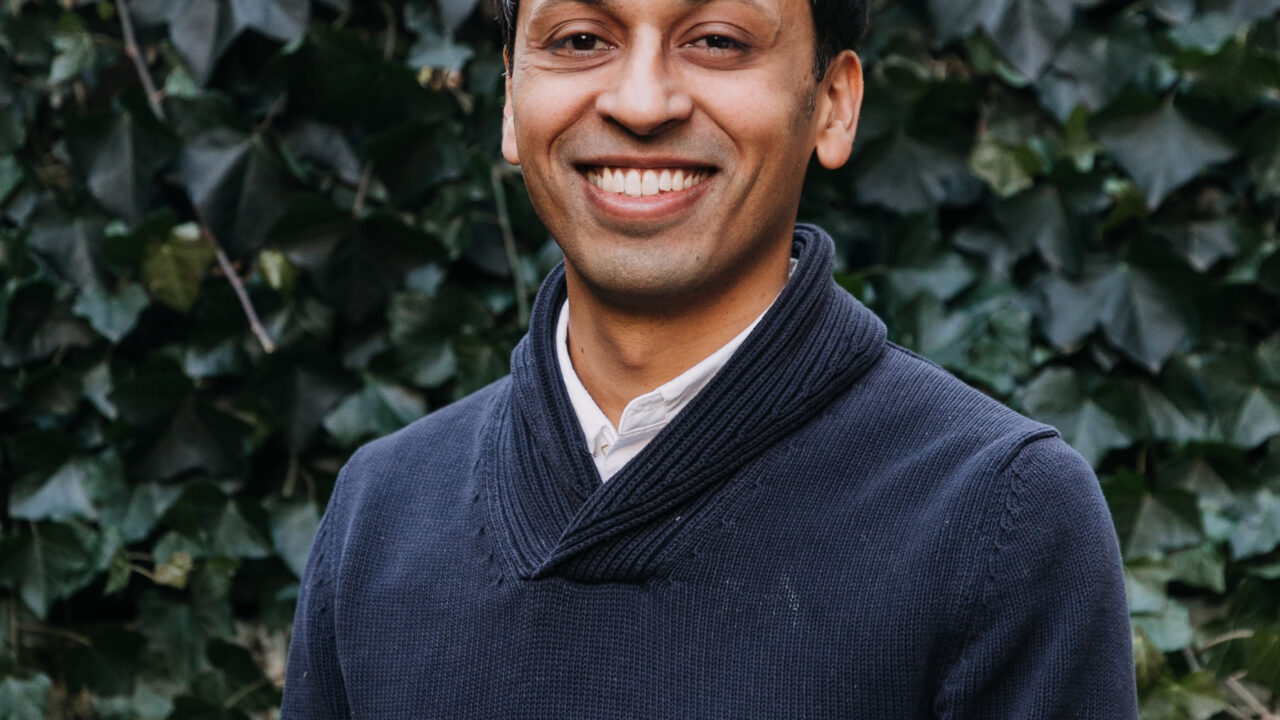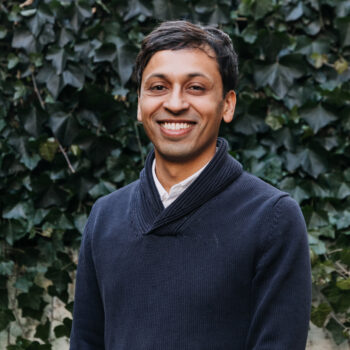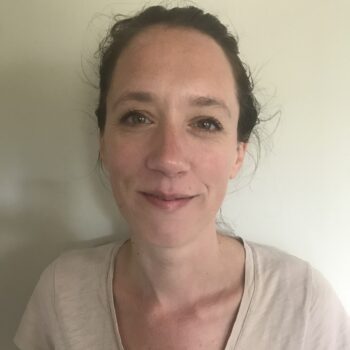Nikil Saval, the new state Senator for Philadelphia’s 1st district, started his career as an aspiring writer. After graduating from Columbia in 2005, he landed what seemed like a dream job at Penguin Books, but the low pay and exploitative conditions soon dashed Saval’s idealistic image of the publishing world. When the company paid Alan Greenspan $8 million for a memoir — compared to the $28,000 Saval and his colleagues earned — Saval became interested in bettering working conditions, though he quickly realized he didn’t know the first thing about organizing. Saval continued writing and editing — he soon moved on to an English PhD at Stanford and later co-edited the magazine n+1 — but he also gained on-the-ground organizing chops as a volunteer with UNITE HERE, an experience, he recalls, that “changed my life.” The 2016 Sanders campaign was another life-changing experience, catapulting Saval back into campaign work after a years-long hiatus. He became a lead volunteer on the campaign and, after Sanders’s defeat, founded Reclaim Philadelphia to “channel the energy” of the campaign into a local, grassroots movement. Lindsay Zafir talked with Saval about organizing for his own campaign, why he believes progressives need to engage in party building, and the lessons he’s learned about how to build power over the past four years. This interview has been edited and condensed.
You founded Reclaim Philadelphia in 2016. Why did you decide to invest in local organizing after the 2016 elections?
It started with the Bernie Sanders campaign, where I was a lead volunteer. I did neighborhood-level organizing, so it brought me into contact with people in my immediate neighborhood. And it gave me a pretext to talk to people about issues that I cared about and to meet them on their own terms.
All of us in that campaign in Philly came away with the understanding that there’s so many more people who support what we believe than we had realized. And there’s this majority, frankly, that just needs organizing. We founded Reclaim Philly in the summer of 2016, but it was very small, about fifty of us. In November, after the general election, we had 250 people that showed up at a meeting. We knew that we needed to channel that energy into something meaningful.
When did you decide to run for office?
The idea emerged about two years ago. I had been elected a ward leader within the Democratic Party. I wanted to bring transparency and openness to the local party as well as shift it in a more progressive direction. We were looking at possible candidates and someone just asked, “Well, why not you? Why don’t you do it?” We formally launched in December 2019.
You’ve been an organizer on lots of campaigns. How does the experience of being a candidate compare?
I will say, it is much less fun. I like being an organizer because you are not credit-seeking. Your name isn’t in front of things. To be the person out front of everything, it still makes me uncomfortable.
The thing I do like, though, is campaigning. I like talking to people. I like events. I like talking on the phone. I like all that stuff. So, I enjoy it until I’m drained. I find myself having done it for hours and hours, and then I’m like, “Oh my god, this has just taken a huge toll on me.”
I have a toddler, and [during the campaign] I missed him very deeply, especially before the pandemic. It’s ultimately hardest on my partner, but I didn’t understand how hard it was on me until someone asked me, in a kind of semi-jocular way, “How can you run with a child?” And I started sobbing. I realized then how hard it had been on me and my family.
How did COVID affect your campaign tactics?
We shifted entirely to a digital model. At first, we were making hand-dialed calls off lists from the Voter Activation Network. There were lots of bad numbers, and you would just contact so few people. It was straining people’s morale. Then, at some point, we obtained a dialer. We started figuring things out. We were contacting enough people, and they were ready to support us over and over again. There was a feeling that everything was falling into place. There was this feeling that we really could do this.
The left is clearly building electoral power across the country, with a wave of socialists — yourself included — elected at every level of government. What has the movement has done to build this electoral power, and what will it take to win durable governing power?
We are still trying to figure out the dismal Democratic performance down ballot. But a lot of socialist candidates confronted the relative weakness of local party infrastructure. We can take advantage of that or peel off portions of it. But, by that same token, the state and local parties that can’t protect their incumbents have trouble running compelling campaigns against Republicans.
I think we actually need to do a bit of party building. There are places where you can run as an independent socialist candidate. But in Pennsylvania, [being a Democrat] matters. There is a party infrastructure. That’s just how things work. We are part of it. So, we need to take the expertise and knowledge that we’ve gained to do party building — and on our terms.
What does that work to build the Party look like?
One of the things we tried to do in Philly was to take over and invest in the party infrastructure. We weren’t trying to dismantle the Democratic Party. We were just like, “People are registered Democrats, but they don’t vote. What can we do to use this party identification and make it meaningful?”
I don’t think coming from a socialist tradition and doing party building are in conflict right now. They may be at some point. There is a way that we can do it, especially at a state and local level. We have to do more registration efforts. In Pennsylvania, the Republicans totally out-registered the Democrats. They did it, day after day, for years. That’s just going to make the situation better for them in the long term.
What lessons do you think organizers should take with us from the last four years?
A lot of institutions are less powerful than we think. You start to push against what you think is a sturdy machine — and then it’s actually not made of metal; it’s made of rotten wooden, stuck together with tape and glue and rotten boards. And you just push, and it breaks. That’s been the experience in a lot of different cities, even Philadelphia, which has one of the last great urban machines.
There’s been a virtuous cycle between electoral and issue-based organizing. That was the case with the Sanders campaign and with these local efforts; they increased people’s interest in affordable housing and renters’ rights. It got people involved in campaigns and then they stayed involved.
Another lesson is, we don’t have enough power. And it’s okay. The electoral turn has a definite starting point of 2016. It’s only been four years. But I think there’s a sense of real distress when we lose because the issues we’re pursuing need to be accomplished now. We need a Green New Deal now. There’s not much luxuriating in feeling like, “Well, organizing takes time.” On the other hand, it’s good to have wins because they continue to make people feel inspired. We should take them where we can find them.
Read the issue: Debriefing the Resistance


